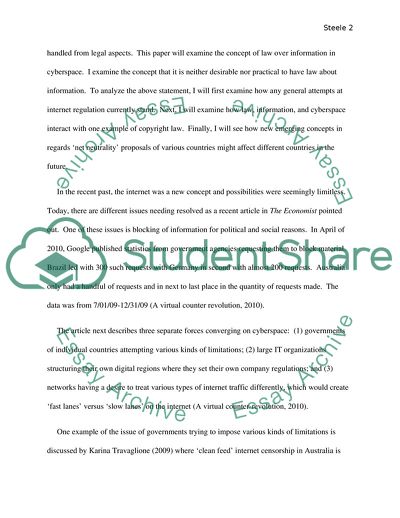Cite this document
(Information Law Issues Case Study Example | Topics and Well Written Essays - 2000 words - 1, n.d.)
Information Law Issues Case Study Example | Topics and Well Written Essays - 2000 words - 1. Retrieved from https://studentshare.org/law/1742129-information-law
Information Law Issues Case Study Example | Topics and Well Written Essays - 2000 words - 1. Retrieved from https://studentshare.org/law/1742129-information-law
(Information Law Issues Case Study Example | Topics and Well Written Essays - 2000 Words - 1)
Information Law Issues Case Study Example | Topics and Well Written Essays - 2000 Words - 1. https://studentshare.org/law/1742129-information-law.
Information Law Issues Case Study Example | Topics and Well Written Essays - 2000 Words - 1. https://studentshare.org/law/1742129-information-law.
“Information Law Issues Case Study Example | Topics and Well Written Essays - 2000 Words - 1”. https://studentshare.org/law/1742129-information-law.


